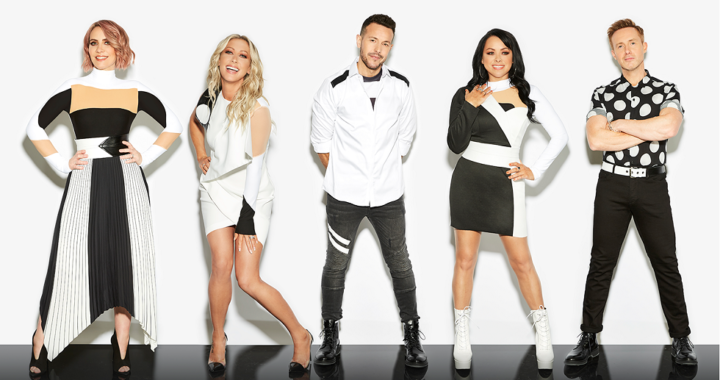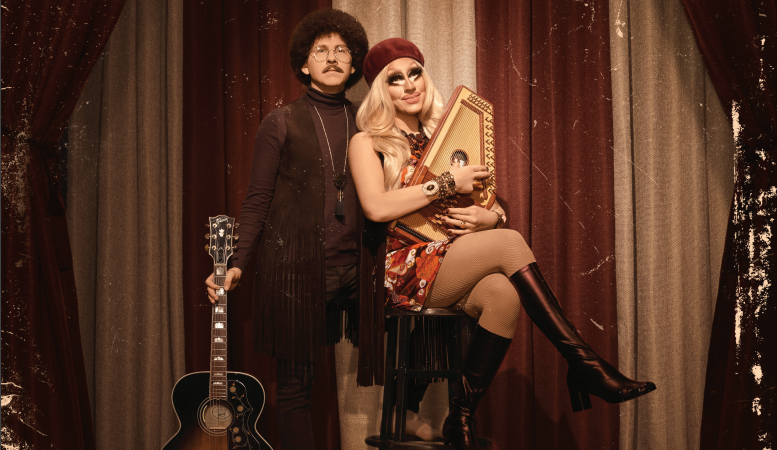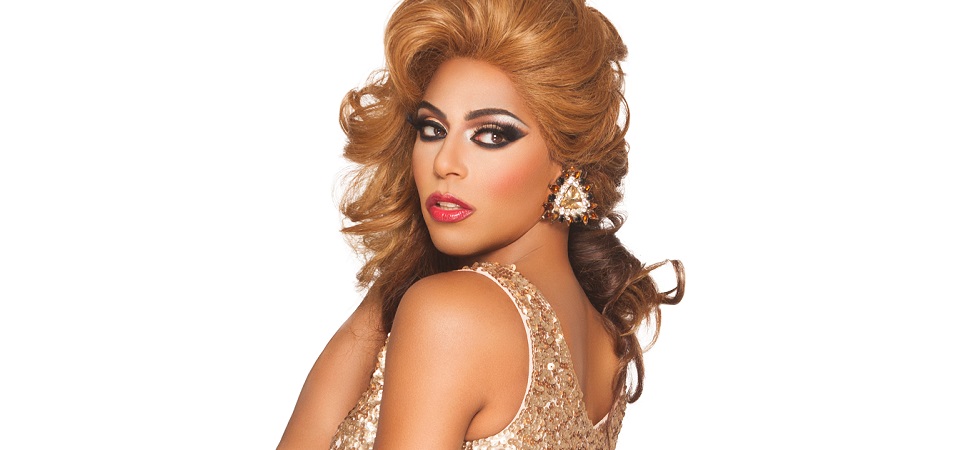Interview – David W.Ross
5 min read
The timing of David W.Ross’ screen-writing debut feature, I Do was impeccable with the huge changes made in the U.S this year in regards to equal marriage opportunity. We talked to David about what it felt like to have the problems expressed in his film solved in real life and how his film portrayed what was a horrible political truth.
Florence Hinton-Collyer: How would you pitch your film?
David W.Ross: A gay Brit living in New York is deprived of his immigration status, and risks losing his family and life in the U.S. He marries his lesbian best friend to remain in the country and stay with his family, but things get complicated when he meets the love of his life and is forced to make an impossible choice. I Do humanizes the now over-turned American Law DOMA (The Defence of Marriage Act) and shows why we need marriage equality.
FHC: What do you hope for the audience to take away from having watched your film?
DWR: Of course I want people to have a good time during the film. Even if it may make you think a bit and perhaps get you emotionally involved. That’s what I go to the movies for. And then I hope, if they are unaware of the issues the film raises, I hope they come out of I Do having a better understanding of what laws can do when they stop people from being together
FHC: You have a wealth of past experiences, ranging from singing to acting, what made you turn your hand to screen writing for I Do?
DWR: I recently read a “fax file” I did in Bad Boys Inc. Wow it made me laugh, but in that, as a 20 year old, it said I wanted to make a film. Who knew! I actually wrote about an albums worth of material after the band and was offered a record deal that I ultimately turned down, not wanting to be pinioned-holed as a pop star. I slowly started to turn my writing to scenes and shorts when I moved to LA and worked as an actor in commercials It was very organic.
FHC: How was it to play the part of the protagonist you created – are there any similarities between yourself and Jack?
DWR: It was fun. It really wasn’t my intention to play him but as time went by and after Quinceañera (Echo Park LA) won both major awards at Sundance I thought I might be able to pull it off. There are probably lots of similarities. I shoot photos now!
FHC: I Do is very topical, as in June of this year gay marriage became recognised on a federal level within states that recognise gay marriage. Is it satisfying to see progress being made in the problematic areas your film focused on? Do you think we still have a ways to go?
DWR: It’s amazing I Do was in theatres in America when The Supreme Court ruled on DOMA. What an incredible thing to happen. It was very emotional. So many people are able to get their green card now, legally and live a life that is protected and stress free. We have a long way to go with many States still not allowing same sex marriage. That’s really changing fast so I hope the whole of America in the next few years over turns the State level laws that are unconstitutional and just flat out homophobic.
FHC: What do you think of Jack’s morals regarding his green card marriage?
DWR: After speaking with many people who struggled for years to get be with the person they love or get their green card legally, spending thousands of dollars, sometimes leaving their jobs or spending their life savings, I think Jack’s decision was based on keeping his family together. His love for Tara and not wanting to leave her and the damage that would cause. This is something many gay couples face. Out of the 40,000 plus same sex couples that we know of at least 40% have a family, so that was a very important part of the experience I wanted to show.
FHC: How does getting married to Jack, alter Ali’s perception of him?
DWR: I think we’re brought up in a society that is obsessed with romantic love and the notion that one day you will be married. The big poofy dress, a wedding etc. I think women are especially groomed, pardon the pun, for this, so even when the marriage is a sham I think it affects her emotionally on some level. Unconscious though it may be. Plus being gay and finally doing something that regular society, family, her dad, accepts plays a role in her inquisitive nature. She’s playing a role she’s seen her whole life and being gay she thought she’d never play.
FHC: I Do is not only the film’s title but also a mantra of sorts, what’s the importance of this simple statement?
DWR: I think it’s saying yes. Saying yes to someone, to life, to love. Taking a chance, jumping off the cliff believing you’ll fly or there’ll be a net to catch you.
FHC: Do you have any advice for those wanting to screen-write?
DWR: Buy the book Save The Cat. Read about psychology, character, everything you can about humanity. Read plays, take an acting class, watch movies while reading the scripts. Fall in love with your characters and the story. You’ll be spending a lot of alone time together!
FHC: What’s next for David.W Ross?
DWR: I’m working on a new script that I’m looking into directing next year. Hopefully it’ll be filmed in the UK so I can spend some time back in the UK. I get homesick a lot so it’s my way of getting my Brit on!
Check out the review for I Do here.



